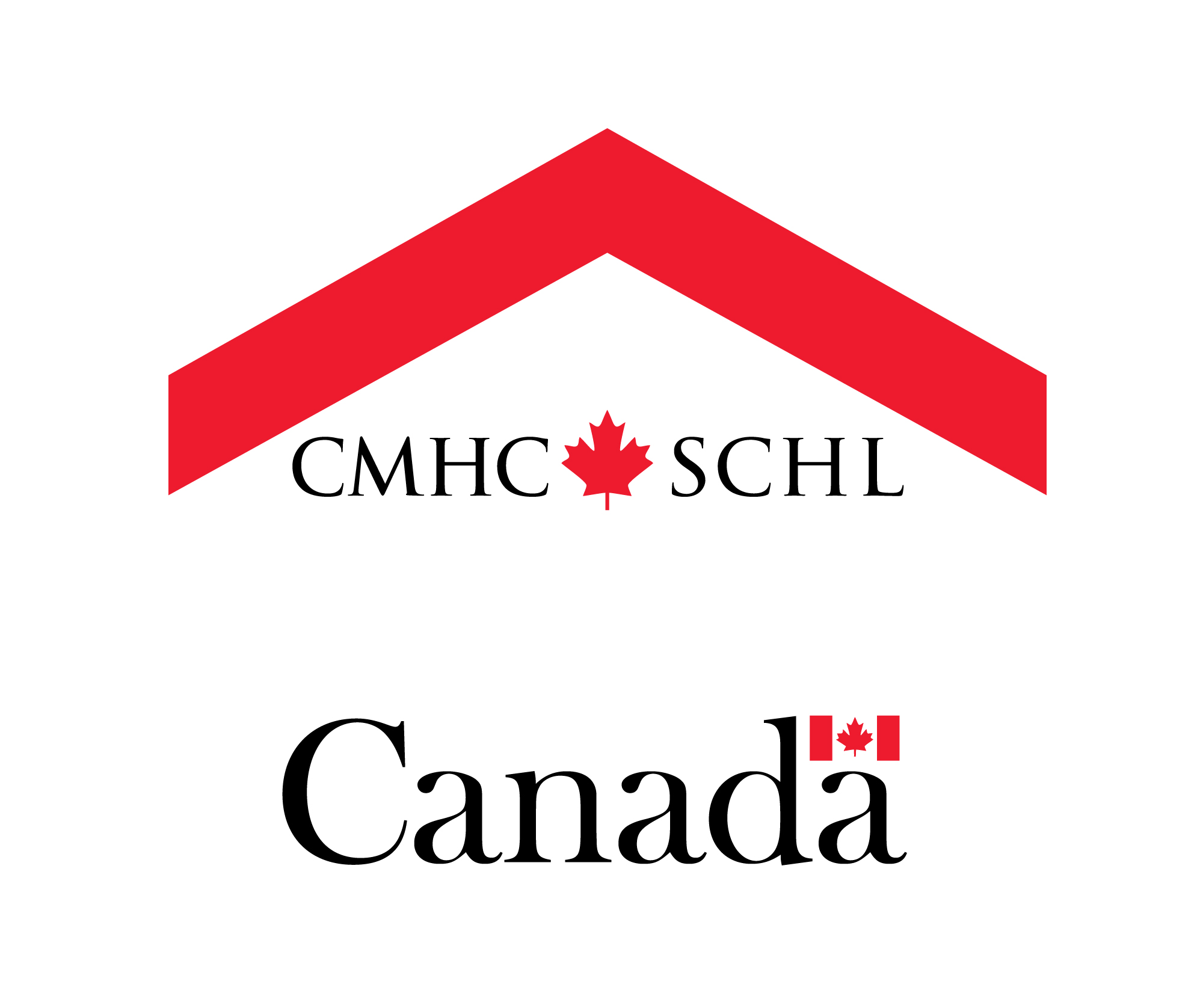
Costs Involved with Purchasing a Home
There are several costs associated with purchasing a home often called the closing costs. Below is a brief breakdown of what these costs are, and what you’re actually purchasing.
These costs are all approximations.
Services and Taxes
Deposit: Typically the seller will ask the buyer to place a deposit on the property to show their intent to purchase while they arrange financing, appraisals, inspections, etc. Your Realtor can place certain conditions on this deposit to protect yourself should you decide not to purchase the property after having a home inspection.
Home Appraisal: Different than a home inspection, the home appraisal is a document designed for the lending institution which looks at several comparable properties to determine if the valuation is in-line with the lenders guidelines. $300
Home Inspection: This is not a requirement for the buyer, but is STRONGLY recommended. A home inspection could be the best $400 you ever spend. This service inspects the proposed property before you purchase it looking for any damage, mold and future issues. If purchasing a condo, make sure the home inspector has access to mechanical rooms, parkade and roof. You are purchasing part of a building so the full building should be inspected. $300-600
Home Insurance: Lenders require the new homeowner to purchase home insurance prior to move in date. $1100 annual
Property Survey: Sometimes lenders will ask for land survey to be conducted to determine property boundaries, lot sizes, building locations and landmarks. $350-650
Legal Service: Legal costs for a purchase with a mortgage usually range from $1,100 – $1,400 regardless of whether the buyer retains the services of a lawyer or notary public. It is important for the buyer to understand what is or is not included in a quote and what might be added as additional charges. Costs that are usually included in a quote are professional fees, land title search and registration fees and miscellaneous office disbursements. PST and GST are added to the fees and disbursements as with other services and products. $1,100 – $1,400
Third Party Closing Costs: These costs are usually quoted separately from legal costs as they vary from one transaction to another. For example, the lawyer or notary will need to obtain a municipal tax certificate, the cost of which varies from $25 to $50 depending on the municipality. Similarly the lawyer or notary will obtain an insurance binder showing loss payable to a buyer’s lender (if any), the cost of which varies but usually ranges from $25 to $40. Finally, for strata title property, the lawyer or notary will require a strata Form F stating there are no arrears in maintenance fees, the cost of which varies but usually ranges from $25 to $35. The strata corporation may also charge a “move-in” fee which usually ranges from $50 to $200.
Many lenders will require the lawyer or notary to obtain on behalf of the buyer a Survey Certificate, Title Insurance or Western Law Societies Conveyancing Protocol. A Survey Certificate is used by the lender to ensure that the buildings on the property do not encroach on adjoining property or into “set backs”. If a Survey Certificate is not available lenders may accept Title Insurance or the Western Law Societies Conveyancing Protocol. Title Insurance and Western Law Societies Conveyancing Protocol provide insurance to protect the lender from any encroachments that would have been identified by a survey certificate. Title Insurance has some additional coverage that may be important to a buyer. The cost for a new Survey Certificate or Title Insurance for mortgages less than $500,000 usually ranges from $200 to $250. In the event of a subsequent refinancing an owner may need to buy a new Title Insurance policy. Most law firms will charge only a nominal fee for the Western Law Societies Conveyancing Protocol. It is important to review with your lawyer or notary the appropriateness of each product to your situation.
Title Insurance: Lenders usually require borrowers to purchase title insurance for the institution. Title insurance protects the lender from any losses incurred due to undetected or unknown defects on the title. $250
Adjustment for Utilities and Property Tax: depending on whether property taxes and utilities have already been paid or are overdue an adjustment will have to be made to settle these service up to the scheduled move in day.
Adjustments for Rent & Renter’s Damage Deposit: If the property has renters that will be staying on, and adjustment will need to be made to transfer the damage deposit and reimburse or receive rental income from the seller.
Property Transfer Tax (PTT): Whenever land changes ownership a land transfer tax is required to be paid by the purchaser. This tax is charged by the BC government at a rate of 1% on the first $200,000 of value, 2% on values from $200,000-$2,000,000, and 3% on values higher than $2,000,000. For example, if you purchase a condo for $525,000 the transfer tax will cost $8500
*Note: For first-time home buyers, the government will cover the full amount of PTT on home values up to $500,ooo, and a declining amount up to $525,000.
Foreign Ownership Property Tax: This tax is required only if the purchaser is a foreign national, foreign corporation, a foreign trustee (anyone that isn’t a Canadian citizen or permanent resident). This tax is paid in addition to the property transfer tax, and is calculate at a rate of 20% of the property’s value.
*Note: If you become a Permanent Resident within a year from your purchase you may be eligible for a full refund.
GST: Whenever someone purchases a new build or is constructing a new home they are required to pay 5% in GST. If you are a first time home buyer there is a government rebate offered that will reimburse you for a portion of the GST paid.
Note: GST is paid only on NEW builds.
Closing Adjustments: When you hear lawyers talking about the closing adjustments, what they're referring to is the accounting process by which a buyer reimburses a seller for any prepaid expenses relating to the property from which the buyer will ultimately benefit, and a seller reimburses a buyer for any post-paid expenses relating to the property from which the seller ultimately has benefited. Closing adjustments cover a number of items including municipal taxes, municipal water and sewer fees, strata maintenance fees, rent and security deposits.
Strata fees are charged and paid monthly on the first day of each month. The monthly strata fees will be pro rated between the buyer and the seller, with the buyer reimbursing the seller based on the number of days between the date of adjustments agreed to in the Contract of Purchase and Sale and the last day of the month.
Rent paid by a tenant in the subject property is adjusted on a similar basis with the buyer receiving a credit for a portion of the rent. In the case of a continuing tenancy, the buyer will receive a credit for the security deposit with accrued statutory interest as the buyer will be responsible for returning the correct deposit amount to the tenant when the tenancy eventually ends.
Municipal property taxes are paid on the basis of a calendar year and often include the municipality’s utilities, such as sewer, water, and garbage disposal. Some municipalities such as Vancouver provide for an advance payment in February with the balance due and owing usually at the beginning of July. Other municipalities do not have an advance tax payment but the full year’s taxes are usually payable at the beginning of July. The adjustment between buyer and seller will therefore vary depending on the time of year the buyer becomes the property’s owner and the municipality in which the property is located. The tax adjustment is one of the more complicated adjustments to understand but it is based on the parties being responsible for any property tax costs associated with the property only for the period of time in which they are in possession.
All of the relevant adjustments are set out in a document normally referred to as the Statement of Adjustments. The Statement of Adjustments shows the buyer’s total costs and identifies the sources of funds to pay those costs. The sources of funds will include the initial deposit, any mortgage proceeds, and any credits received from the seller in terms of property tax, strata fees, utilities, tenant rent, or other adjustments. The final line item on the Statement of Adjustments will identify the amount of money required to complete the transaction. The balance required to complete will need to be delivered by certified cheque or bank draft payable in trust to the lawyer or notary firm.


